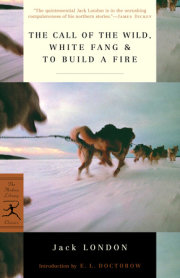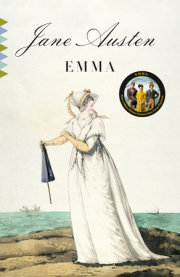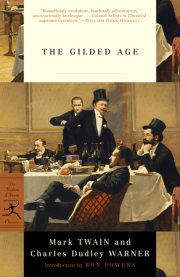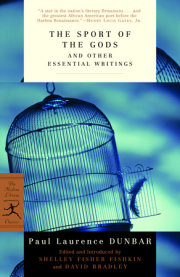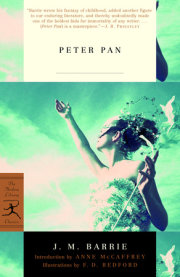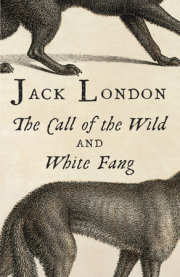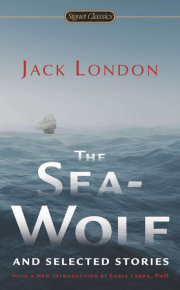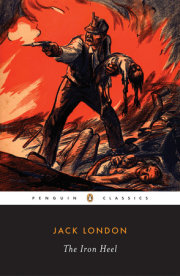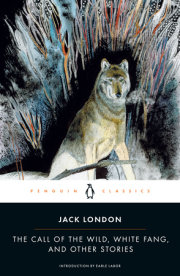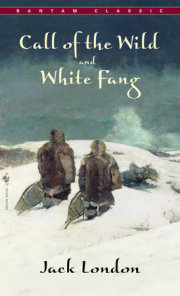Jack London—his real name was John Griffith London—had a wild and colorful youth on the waterfront of Oakland, his native city. Born in 1876, he left school at the age of fourteen and worked in a cannery. By the time he was sixteen he had been both an oyster pirate and a member of the Fish Patrol in San Francisco Bay. He later wrote about these experiences in
The Cruise of the Dazzler (1902) and
Tales of the Fish Patrol (1905). In 1893 he joined a sealing cruise that took him as far as Japan. Returning to the United States, he traveled throughout the country. He was determined to become a writer and read voraciously. After a brief period of study at the University of California at Berkeley he joined the gold rush to the Klondike in 1897. He returned to San Francisco the following year. His short stories of the Yukon were published in
Overland Monthly (1898) and the
Atlantic Monthly (1899), and in 1900 his first collection, The Son of the Wolf, appeared, bringing him national fame. In 1902 he went to London, where he studied the slum conditions of the East End. He wrote about this experience in
The People of the Abyss (1903). His life was exciting and eventful. There were sailing voyages to the South Seas and around Cape Horn. He reported on the Russo-Japanese War for the Hearst papers and gave lecture tours. A prolific writer, he published an enormous number of stories and novels. Besides two revealing memoirs,
The Road (1907) and
John Barleycorn (1913), he authored several collections of short stories, including
Love of Life (1907),
Lost Face (1910), and
On the Makaloa Mat (1919). He also wrote many novels, including
The Call of the Wild (1903),
The Sea-Wolf (1904),
White Fang (1906),
Before Adam (1907),
The Iron Heel (1908),
Martin Eden (1909), and
The Star Rover (1915). Jack London died in 1916, at his famous Beauty Ranch in California.
View titles by Jack London


